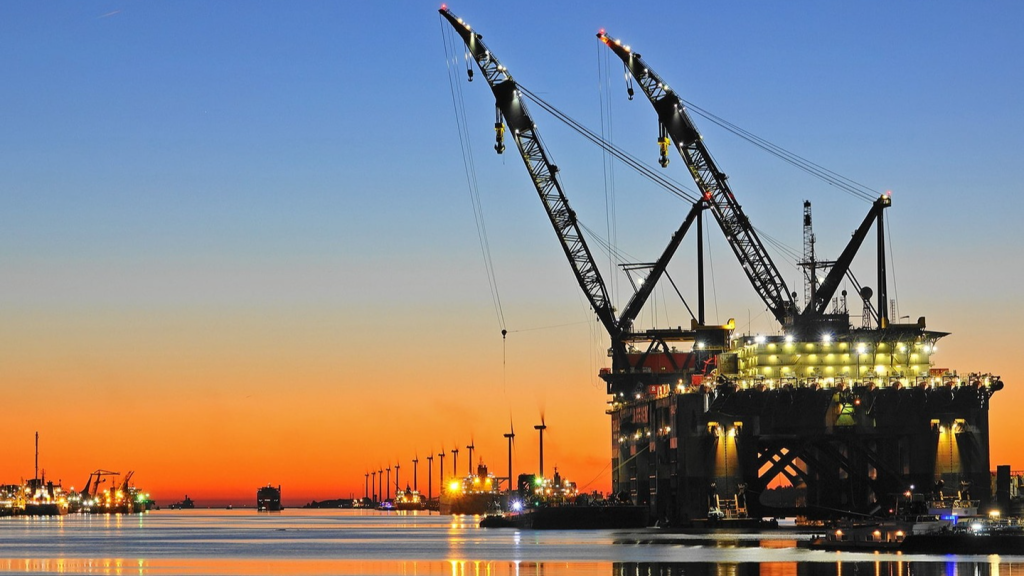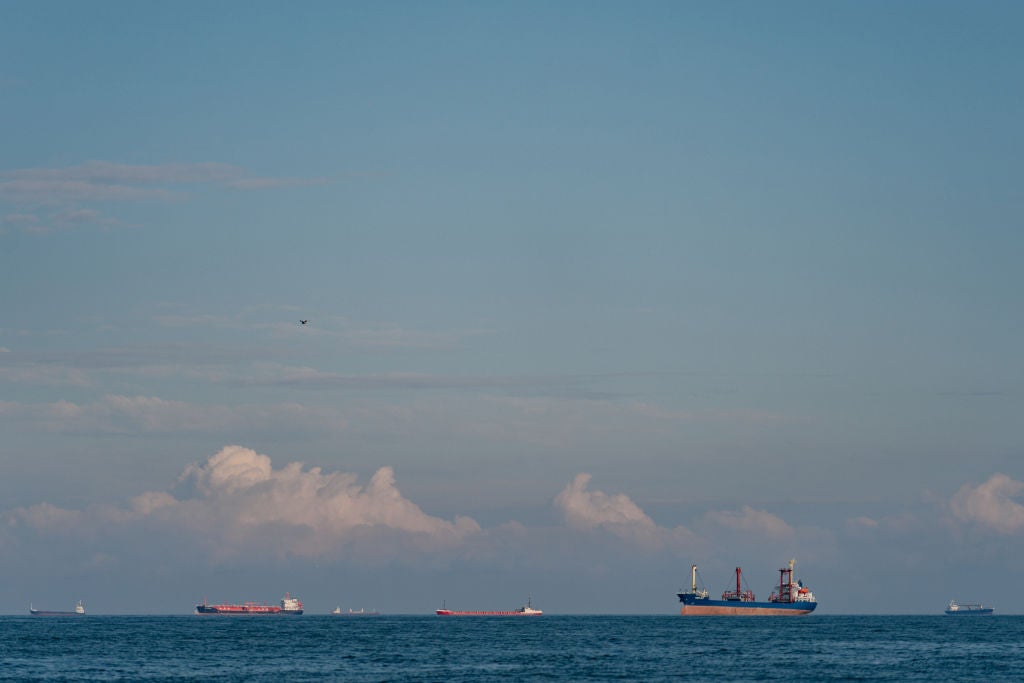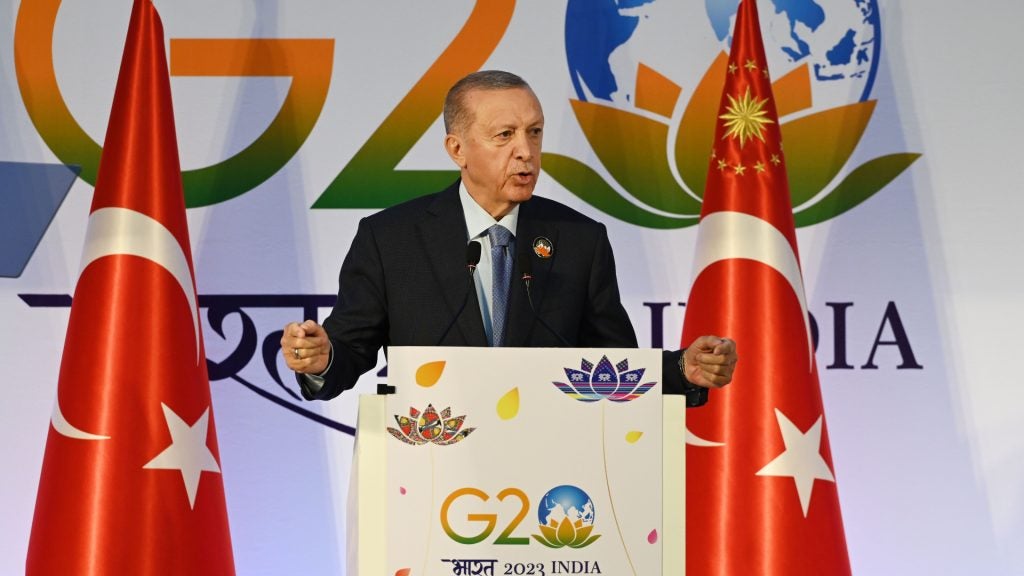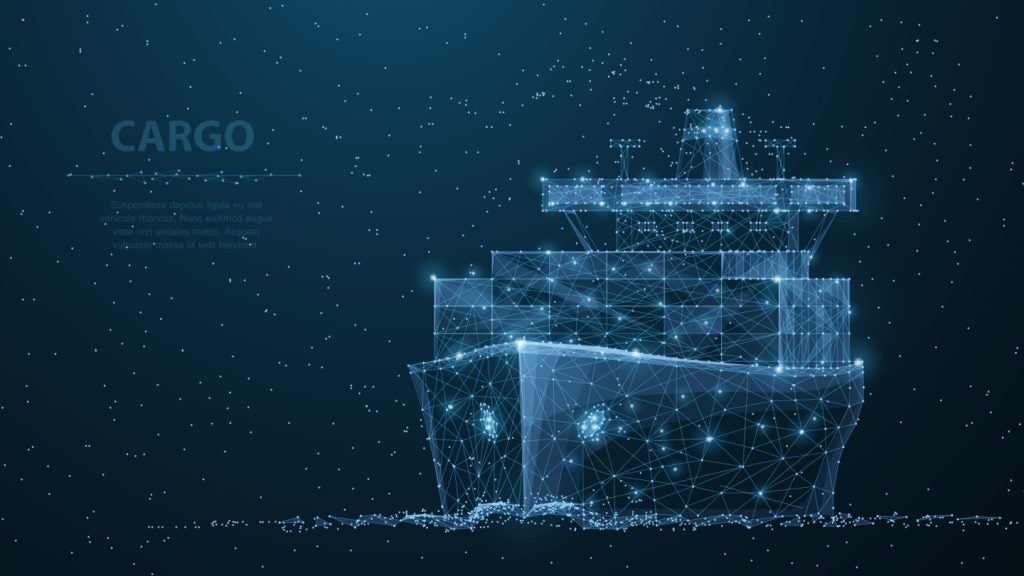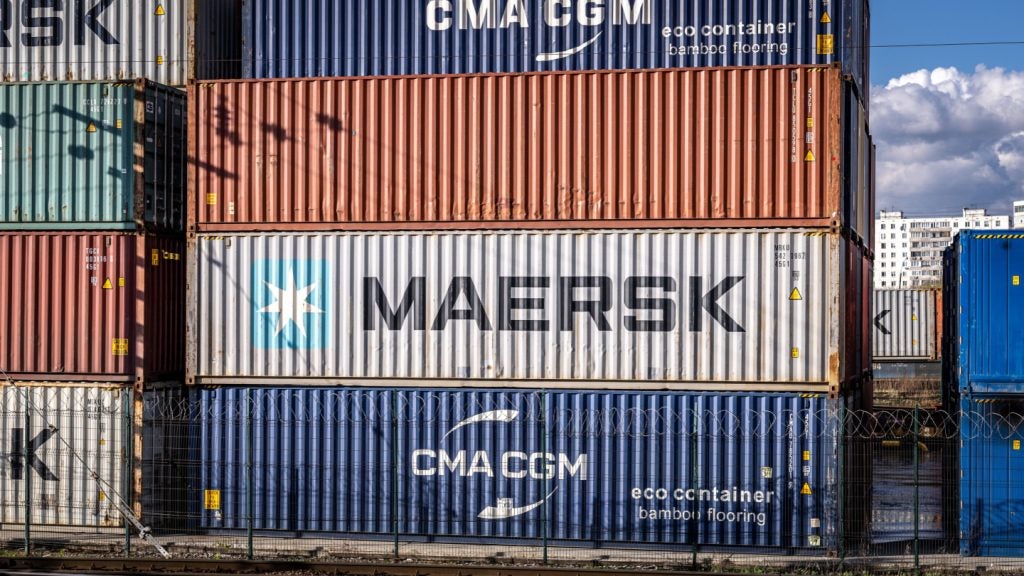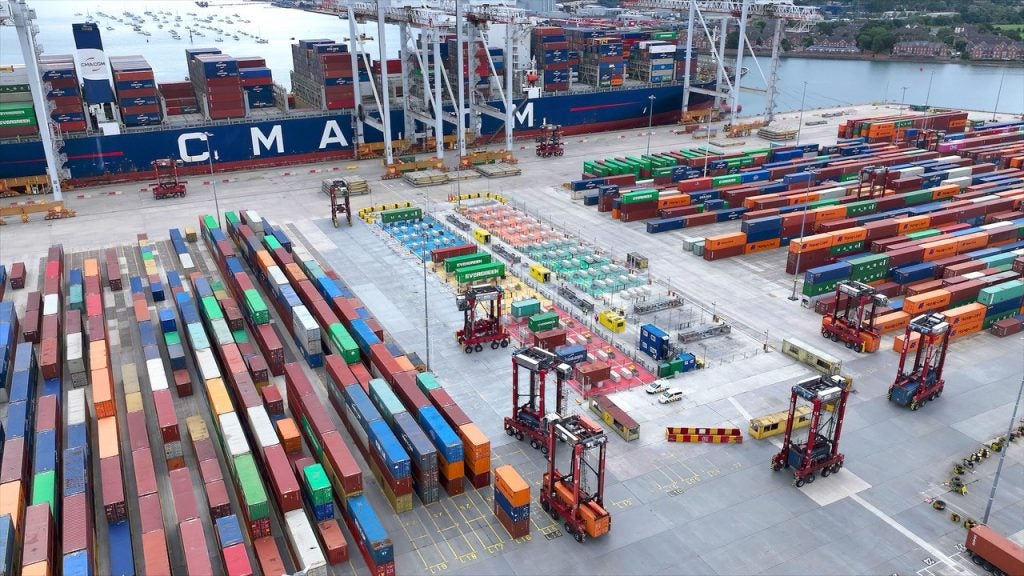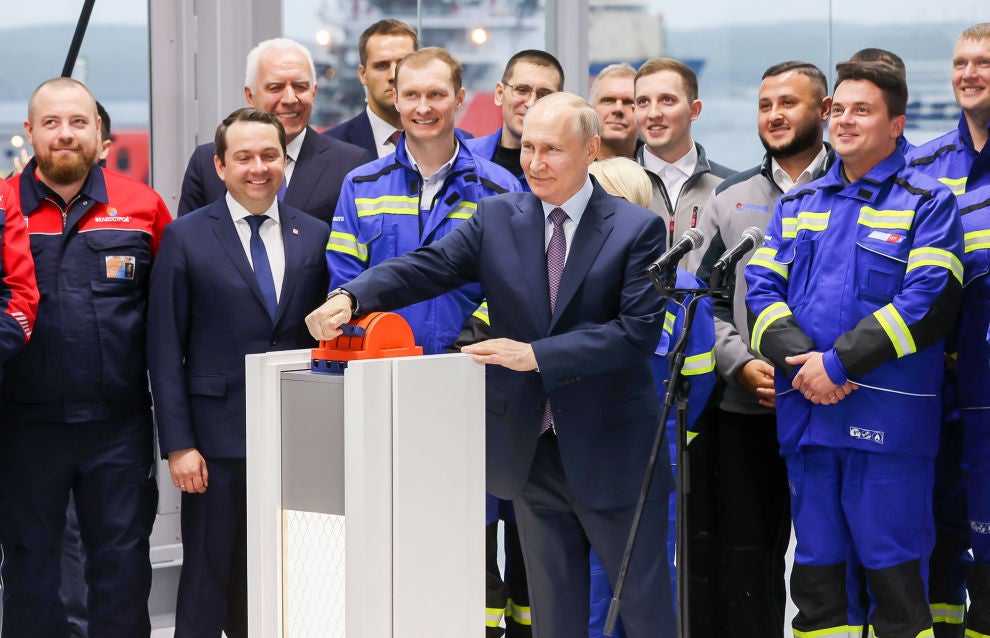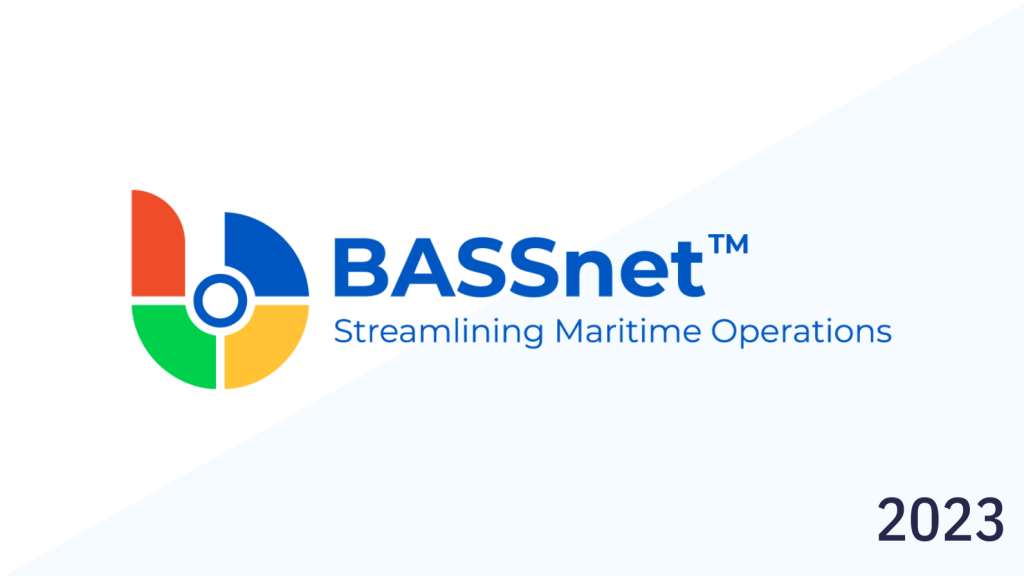The Maritime and Port Authority (MPA) of Singapore and the Port of Rotterdam Authority have set new targets for their green corridor, aiming to achieve a 20-30% reduction in emissions by 2030 on the road to net zero by 2050.
The new targets, agreed at a green corridor workshop, will further the work of the two ports and their 20 corridor partners as they look to ensure the use of zero and near-zero emissions fuels on the 15,000km route between Singapore and Rotterdam.
The Port of Rotterdam’s energy transition spokesperson Mandy Ros said that while it is vital that the shipping industry make the transition to more sustainable fuels, the widescale rollout of the technology has presented a number of challenges that have slowed its uptake.
Ros said: “To tackle these challenges, we have brought together a broad coalition of shipping lines, fuel suppliers and other companies in the green and digital shipping corridor. This allows us to collectively work on practical solutions and agree on concrete steps to gain real-life experience and finally come to a commercial scale.
“We are focusing on a major trade lane between Europe and Asia and doing this with the two biggest bunker hubs in the world, Singapore and Rotterdam, makes this green and digital shipping corridor an important platform to work together on the fuel switch.”
Both ports have already made progress towards the switch, recently conducting ship-to-ship green methanol bunkering for Maersk’s world-first methanol-fuelled container ship, the Laura Maersk, in Singapore and Rotterdam.
A number of the corridor’s partners have also been working on studies to further alternative fuels, such as the Maersk Mc-Kinney Møller Centre for Zero-Carbon Shipping’s modelling study into a number of fuels, such as synthetic and bio-versions of methanol, ammonia and LNG.
A working group formed by the Global Maritime Forum, the Centre for Maritime Studies of the National University of Singapore, the University of Oxford and Citi, has also been looking at low-carbon fuels.
First formed in August 2022, the Singapore-Rotterdam corridor is one of a number of green corridor partnerships formed between ports around the world as the idea gains popularity in the industry as a way of focusing on net zero actions.
The UK Government has also recently announced a £1.5m ($1.84m) International Green Corridor fund in collaboration with Norway, Denmark and the Netherlands.


